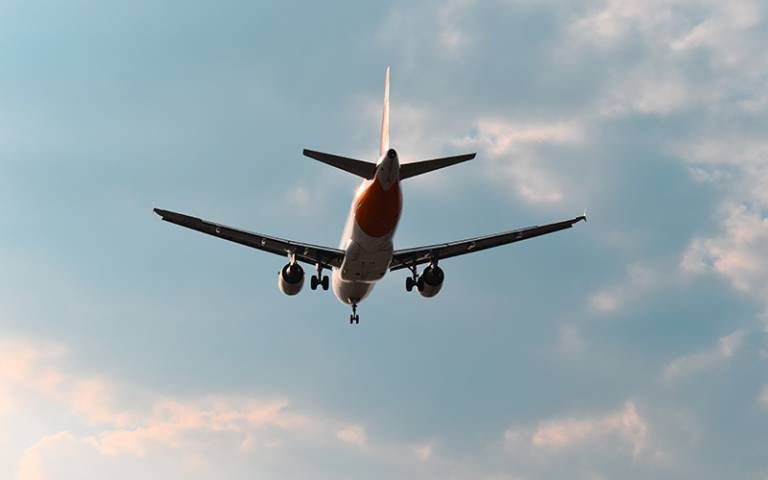New Aviation, Propulsion, Knowledge and Innovation Network
22 December 2022
An Innovate UK Future Flight Challenge-funded consortium across three UK airports explored the potential of a carbon-free future domestic aviation system.

Within the consortium, the UCL Air Transportation Systems Lab developed a model that simulated the heterogenous UK airline market, in which competing airlines adopt and operate hypothetical hydrogen aircraft within their respective flight network to the extent that these technologies lead to an increase in airline profits; the anticipated aircraft performance characteristics were provided by the three manufacturers in the consortium.
MaasLab carried out a consumer behaviour study that helped understanding consumer preferences for competing transport modes and for different types of disruptive aircraft technologies.
The study concluded that the first hydrogen fuelled flights on 19-seater aircraft could be possible by the end of this decade on subregional routes. Hydrogen-fuelled aircraft carrying between 40 and 90 passengers, flying up to 1430 nautical miles, could be deployed across the UK’s domestic route network and into Europe by 2040.
The UCL contributions helped the three aircraft manufacturers to better understand the market potential of net-zero carbon future aircraft technologies and the three airports the extent of hydrogen fuel infrastructure that would be required at different points in time.
Find out more about the NAPKIN project ►
 Close
Close

